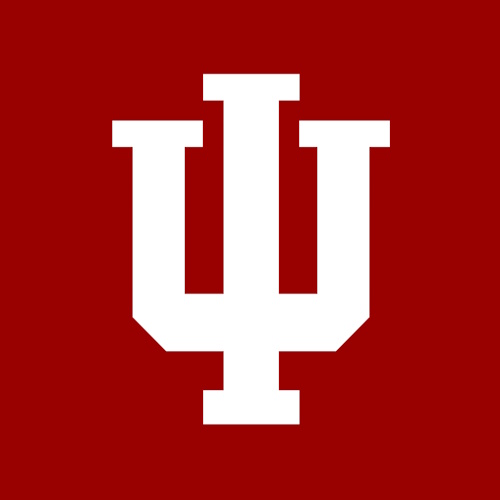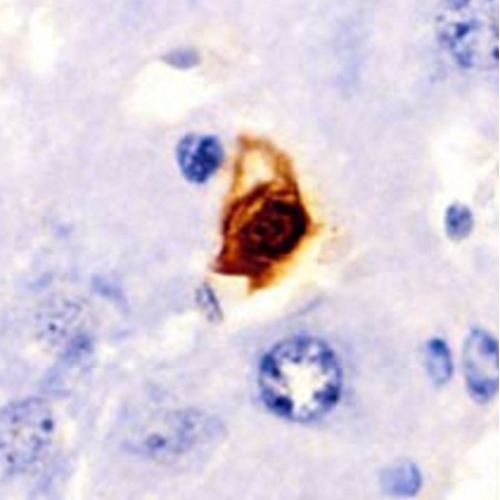Key points from article :
“Cellular senescence may contribute to a worse response in human cells to COVID-19 and in older mice to a similar coronavirus,” - NIA.
Senolytics decreased adverse responses and increased survival for the mice.
Senescent cells increase with age, and release inflammatory factors that interfere with the immune system.
Researchers exposed cell and tissue samples from humans to SARS-CoV-2, a human coronavirus responsible for COVID-19.
In mouse models, viral exposure resulted in near 100% fatality for older mice, whereas 89% or the younger mice survived.
Treating older mice with senolytics decreased inflammation signals, improved immune response, and increased survival rate by 50%.
Humans with increased senolytic cells may benefit from increased protection from the COVID-19 virus and improved survival rates.
The research continues, focusing on testing senolytic drugs in older COVID-19 patients.
Study by University of Minnesota, Mayo Clinic, and Indiana University published in Science.









